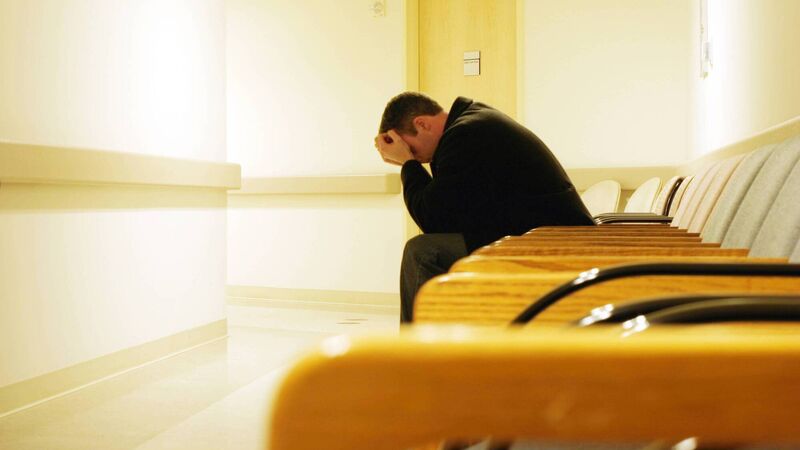Tackling hospital waiting lists a 'significant challenge', Sláintecare report says

Almost a fifth of Ireland’s five million people are on hospital waiting lists. File photo
Tackling hospital waiting lists is described as a “significant challenge” in the Sláintecare Progress Report 2021, with a waiting lists reform programme being worked on.
The report, published on Tuesday ahead of questioning at the Oireachtas health committee on Slaintecare on Wednesday, also highlights delays to hospital construction planned for Cork, Galway and Dublin.










